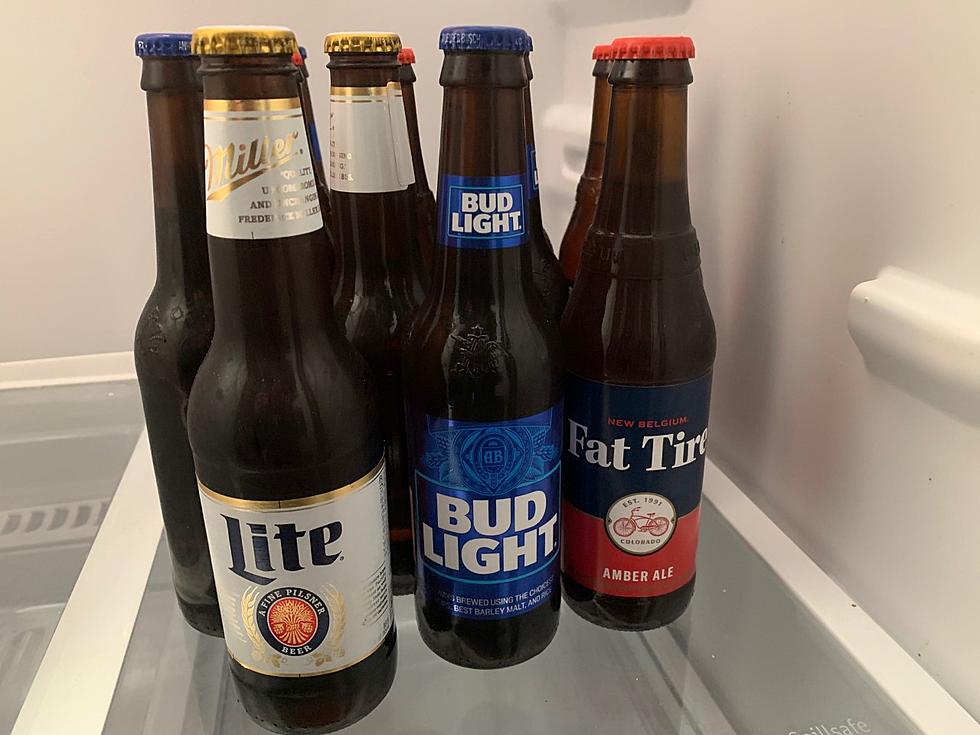
Study Finds Chantix Users Drink Less Alcohol
A new study shows the popular smoking-cessation drug Chantix may not just curb the urge to light up — many people who’ve taken it report they’re drinking less, too.
Researchers have been trying to figure out exactly why Chantix, which helps people quit smoking by blocking nicotine receptors in the brain, may also curb alcohol cravings, and whether it could be a new treatment for alcohol addiction.
Currently, there are only three medications approved by the FDA for the treatment of alcohol-use disorders, but Sherry McKee, PhD, an associate professor in the department of psychiatry at Yale University, says that because they don’t always work for everyone, identifying “novel targets” is a priority.
What’s more, since smoking and drinking often go hand-in-hand, researchers say a drug that would curtail the cravings for both could be especially useful.
“It’s very hard to treat both [addictions] at the same time,” says researcher Emma Childs, PhD, a research associate at the University of Chicago. “This drug could be brilliant because it could treat both of them, really.”
In the new study, published in the journal Alcoholism: Clinical and Experimental Research, participants given Chantix reported increased feelings of nausea and generally feeling unwell after drinking, compared to a placebo.
“It did actually increase the negative effects of alcohol, which would counteract the pleasurable effects,” Childs told WebMD. She explains it might have happened because alcohol and nicotine may both exert their influence through the same receptor on brain cells.
But Chantix does have risks. Last year, the FDA warned doctors to closely watch patients taking the drug for any behavioral changes, including depressed mood, hostility, agitation, and suicidal thoughts. In addition, another FDA study found Chantix may also slightly increase certain heart disease and stroke risks.
More From NewsTalk 940 AM










